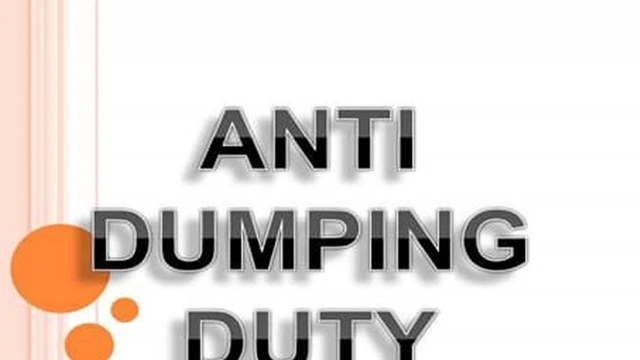FT Online
Published:2019-08-05 21:28:47 BdST
BD may seek legal advice from ACWL
The government is contemplating to approach the Dispute Settlement Body of the World Trade Organisation (WTO) against the imposition of anti-dumping duty (ADD) on Bangladeshi jute goods by India, according to officials.
To this end, Bangladesh may seek legal advice from the Advisory Centre on WTO Law (ACWL).
The Bangladesh Tariff Commission (BTC) has come up with the suggestion after reviewing the procedure of India's imposition of anti-dumping duty on jute goods.
"The commission has found that India has violated WTO rules regarding the anti-dumping measures," said an official of the BTC. "So, Bangladesh may move the WTO's Dispute Settlement Body (DSB) for remedy."
But before moving the DSB and requesting India for consultations on the issue, Bangladesh needs to make its case strongly substantiated, he added. So, the BTC suggested seeking legal advice from the ACWL.
The ACWL, a Geneva-based independent body, gives free legal advice and training on WTO law and also provides support to developing the least developed countries (LDCs) in WTO dispute settlement proceedings at discounted rates.
The BTC mentioned that during the lead acid battery case in 2004, Bangladesh sought such support from the ACWL. And it helped Bangladesh prepare the 'request for consultations' served on India at the WTO.
The ACWL also assigned two lawyers to assist the Bangladeshi team during the consultations with India at that time.
The dispute was settled at the consultation stage and India withdrew the anti-dumping duty it imposed on lead acid battery, manufactured and exported by Rahimafrooz, the BTC said.
The BTC estimated that even if Bangladesh decides to request consultations with India after receiving legal advice from the ACWL, it will charge a fee of US$ 5,800 only for preparing the formal request paper.
To seek legal advice, Bangladesh will require to send all the documents to the ACWL through the Bangladesh Mission in Geneva, the BTC said.
Contacted, Md Hafizur Rahman, director (joint secretary) of the WTO Cell of the commerce ministry, said: "The ministry is now considering seeking advice from the ACWL soon. We are taking necessary steps and preparing documents in this regard."
On January 05, 2017, India's finance ministry imposed the anti-dumping duty for a period of five years on the import of jute products from Bangladesh at rates ranging between US$ 19.30 and US$ 351.72 per tonne amid allegations of dumping of goods like jute yarn, twine, jute sacking bags and hessian fabric.
Bangladesh exports more or less 30 per cent of its exportable jute goods to India, with the Bangladesh Jute Mills Corporation having the largest share. India is the second largest export market for Bangladesh.
Presently, a total of 170 jute mills are running under the Bangladesh Jute Mills Association (BJMA) while 94 under Bangladesh Jute Spinners Association (BJSA) and 23 under Bangladesh Jute Mills Corporation (BJMC).
According to a BTC source, Bangladesh has also been trying to convince the Indian authorities through diplomatic or political channels, arguing that the anti-dumping duty had already hit hard Bangladesh's export earnings.
Before imposing such duty, the office of the Directorate General of Anti-Dumping and Allied Duties (DGAD), India, carried out an investigation during the period between April 01, 2014 and March 31, 2015 with injury analysis, covering a period from 2011-12 to the period of investigation.
The country's jute industry is passing through a tough time due to the anti-dumping duty imposed by the neighbouring country, industry insiders said.
Unauthorized use or reproduction of The Finance Today content for commercial purposes is strictly prohibited.


